Raise Capital
July 30, 2025
Sports Nutrition Crowdfunding and Investment
Sports Nutrition Investment: The Plant-Powered Performance Revolution
Plant-based performance nutrition has evolved from a niche market into a mainstream powerhouse, creating unprecedented opportunities for strategic founders. This transformation represents more than a trend, it’s a fundamental shift in how athletes and fitness enthusiasts approach their nutrition.
The market data presents a compelling case for founders entering this space: a $9.5 billion global opportunity by 2025. However, the real opportunity lies in understanding the underlying consumer behavior driving this growth.
The protein powder market, protein powder businesses, and the role of protein concentrate and whey protein are central to this expansion, with significant growth in energy drinks and energy bars as sports nutrition products. Starting a protein powder business requires careful consideration of startup costs, private labeling, and market potential to succeed in this competitive industry.
According to the Plant Based Foods Association, 70% of U.S. consumers are actively increasing their plant-based food intake. These aren’t just vegans or vegetarians, they represent a diverse demographic including flexitarians, weekend warriors, and serious athletes seeking cleaner fuel for their bodies.
Dedicated vegetarian athletes, committed to a strict plant-based diet for health, ethical, or performance reasons, are also meeting their personal caloric needs and everyday nutrition needs through plant-based approaches.
Today’s consumers choose plant-based options for performance-driven reasons: faster recovery times, improved endurance, and long-term health outcomes.
Unhealthy diets and sedentary lifestyles contribute to cardiovascular diseases, but plant-based sports nutrition can help mitigate these risks. This creates significant opportunities for founders who can deliver scientifically-backed formulations that meet these expectations.
Athletes can gain a plant based advantage by adopting these diets, which can improve training, recovery, and overall athletic performance. Additionally, a plant based competitive edge is possible, as plant-based nutrition can provide a strategic boost in competition.
The adoption of plant-based diets among athletes demonstrates how proper plant foods can support optimal performance, providing essential nutrients without the digestive issues many experience with traditional dairy-based supplements.
These strategies are effective for virtually every sport, showing the wide applicability of plant-based nutrition.
Maximizing nutrition through strategic nutrient planning, including nutrient intake, amino acid requirements, healthy fats, nutrient timing, and bone health, is especially important for vegan and vegetarian athletes who aim to maximize nutrition for peak performance. Optimizing bone health is a key consideration for athletes on plant-based diets.
This movement aligns with a broader wellness revolution that values transparency, science-backed solutions, and measurable results. Plant based sports nutrition has emerged as a specialized field, supported by evidence-based research and tailored meal plans.
Matt Ruscigno combines decades of experience in plant-based sports nutrition to provide a reliable and complete explanation of how athletes can optimize their diets. Successful founders aren’t just selling supplements, they’re pioneering new standards in sports nutrition. Both the book and supplementary resources serve as comprehensive guides for those seeking in-depth knowledge.

Strategic positioning in this market requires understanding that flexitarians represent a market 10x larger than the vegan-only segment. These consumers prioritize benefits, protein quality, digestive comfort, and clean labels, over ideology.
By appealing to consumers who prioritize benefits like protein quality, clean ingredient labels, and digestive ease, companies can craft a value proposition that resonates far beyond the traditional wellness community.
Product differentiation increasingly comes from innovative sourcing strategies. Successful brands partner with specialty farms and incorporate cutting-edge ingredients like microgreens. Sports nutrition companies and the protein powder industry are driving innovation, while the significant growth of energy drinks and energy bars highlights the expanding landscape of sports nutrition products.
The focus extends beyond simply being plant-based to creating compelling stories that resonate with quality-conscious consumers.
Athletes are also focusing on hydration and recovery, often creating their own fluid replacement beverage to tailor their nutrition and hydration strategies for optimal results.
Training strategies that incorporate plant-based nutrition are helping athletes optimize performance, recovery, and overall health. It is also crucial for plant-based athletes to address relative energy deficiency and relative energy deficiency syndrome (RED-S), as inadequate energy intake can impair performance, recovery, and long-term health.
The fast-emerging brands succeeding in this space set trends rather than follow them, emphasizing transparency, functional benefits, and authentic community building. The fitness community and fitness centers are key factors in driving market growth and fostering engagement.
Unlocking Financial Benefits
The unit economics of plant-based supplements offer surprising advantages over traditional alternatives that savvy founders can leverage for competitive advantage.
Branded plant-based products typically yield 30-50% retail margins, compared to just 4-8% for conventional animal-based products. These margins stem from more efficient production processes, stable supply chains, and lower input cost volatility, not just premium pricing strategies.
The protein powder market, in particular, has experienced significant growth, with an increasing number of protein powder businesses entering the space to capitalize on these favorable economics.
For founders utilizing crowdfunding platforms, these margins provide strategic flexibility. Consider launching with 15% margins to build market share, then increasing prices after establishing brand loyalty and market position.
Superior unit economics translate directly to scalability advantages. Better margins enable increased investment in R&D, marketing initiatives, and team building, essential elements for competing with established players. Key factors driving financial success in the sports nutrition and supplement industry include consumer demand, innovative product development, and adapting to evolving regulatory frameworks.
The functional foods segment presents particularly compelling opportunities. The plant-based bars market projects 14% CAGR growth through 2030, driven by athletes and fitness enthusiasts seeking clean energy sources for specific use cases: pre-workout fuel, post-workout recovery, or complete meal replacement.
Winning brands differentiate through clean ingredient labels and direct-to-consumer models that provide control over customer experience and data. They avoid artificial ingredients and focus on natural, pronounceable components that build athlete trust.
The strategic imperative is clear: this represents more than a trend to exploit. It’s an opportunity to build sustainable businesses in a market fundamentally reshaping sports nutrition consumption patterns.
Successful Nutrition Crowdfunding Models
Healthycell's Strategic Crowdfunding Blueprint
Healthycell's successful raise provides a masterclass in strategic crowdfunding execution. The company raised over $1 million from nearly 2,000 investors, but the lessons extend far beyond the capital raised.
Healthycell's success stemmed from leading with genuine innovation. Their Microgel™ technology addressed a real problem that resonates with anyone who has experienced poor absorption from traditional supplements. This raises a critical question for founders: what proprietary solution can you bring to market that solves genuine consumer pain points?
The campaign succeeded by positioning crowdfunding as community building, not just capital raising. By emphasizing their proprietary, science-backed solution, Healthycell gave investors reasons to believe in long-term value creation rather than short-term trends.
Their approach masterfully translated complex scientific advantages into simple consumer benefits: better absorption equals better results. This represents the positioning sweet spot every nutrition founder should target.
The campaign also demonstrated the power of converting customers into stakeholders. Wellness advocates and fitness professionals who invested became brand ambassadors with aligned financial interests, a powerful growth multiplier.
For founders planning crowdfunding campaigns, Healthycell's approach offers clear lessons: innovation drives investment, science builds credibility, and community creates sustainability.
Why Community-Specific Targeting is Essential for Sports Nutrition Startups
The most successful sports nutrition brands achieve growth by speaking directly to specific communities rather than attempting broad market appeal. This focused approach maximizes impact while minimizing resource expenditure—critical for resource-constrained startups.
Strategic targeting isn’t about limiting market size; it’s about maximizing marketing efficiency. Competing with established giants like GNC for generic customers rarely succeeds. Building category leadership within passionate, underserved communities creates sustainable competitive advantages.
Engaging with the fitness community through online platforms, social networks, and brand initiatives is essential for building brand loyalty and driving growth. Supporting local health initiatives and partnering with community events strengthens brand-community bonds. Consistent community presence builds reciprocal loyalty.
The Strategic Advantages of Niche Community Targeting
Niche targeting delivers measurable business advantages beyond easier customer acquisition, it creates defensible market positions that larger competitors struggle to attack.
Focused community strategies typically reduce customer acquisition costs by up to 60% while increasing lifetime value. This efficiency comes from engaging audiences already aligned with brand values rather than broadcasting generic messages.

Specialization justifies premium pricing strategies. Brands positioned as experts in plant-based recovery for endurance athletes can command higher prices than generic protein powders. Customers evaluate specialized products against specific needs rather than commodity alternatives.
The competitive advantages compound over time. While large brands dilute resources across broad markets, focused startups can dominate specific niches through concentrated effort. Startups with $1M revenue regularly outcompete brands 50x their size within targeted communities.
Marketing efficiency improves dramatically with focused targeting. Instead of generic messaging about taste or quality, brands can address specific community values, challenges, and aspirations—significantly improving conversion rates.
Targeting Specific Sports Nutrition Communities
The Flexitarian Opportunity in Plant Based Sports Nutrition: The Massive Market Hidden in Plain Sight
While many brands chase the vegan market, flexitarians represent 42% of the plant-based market, a massive, underserved opportunity that strategic founders can capture. Many flexitarians follow a primarily plant based diet, focusing on plant-derived foods while occasionally including animal products.
Marketing to flexitarians requires abandoning ideology for experience. These consumers prioritize taste, convenience, and performance benefits over ethical certifications. For optimal results, understanding and adjusting personal caloric needs is essential to ensure proper fueling and recovery, especially within primarily plant based diets. They seek results, not philosophy.
Strategic positioning for this market involves using “plant-based” language rather than “vegan” terminology. This inclusive approach appeals to broader audiences while focusing on functional benefits, improved digestion, sustained energy, and clean ingredients, rather than ethical arguments.
Building Authentic Connections with Vegan Communities
Successfully engaging vegan athletes requires unwavering authenticity. This community quickly identifies and rejects inauthentic attempts at engagement.
It is important to recognize the unique nutritional needs of vegan and vegetarian athletes, as well as dedicated vegetarians, who require tailored plant-based nutrition strategies to optimize their athletic performance and overall health.
Effective partnerships emerge from shared values. Environmental organizations, animal welfare groups, and sustainability-focused fitness communities provide natural alliance opportunities. The key principle: contribute value before promoting products.
Expanding beyond strictly vegan influencers creates broader reach. Environmental and wellness influencers with conscious consumption audiences offer valuable partnership opportunities, even without vegan credentials.
Successful messaging highlights how plant-based nutrition supports comprehensive wellness, both physical performance and cognitive health, addressing vegan athletes’ holistic health priorities.
Engaging the Data-Driven Keto Community
The keto community's characteristics, data-driven, skeptical, and highly knowledgeable, require education-first engagement strategies.
Brands succeed by establishing expertise before introducing products. Creating authoritative content about ketosis optimization, macro calculations, and keto performance builds credibility that naturally leads to product acceptance.
Strategic Framework for Community Selection
Founders must identify communities aligning with genuine expertise and passion. Authentic connections cannot be manufactured, they emerge from real understanding and commitment to serving specific groups.
Deep immersion follows community selection. Participating in forums, attending events, and understanding community language and pain points enables product development that addresses actively discussed problems.
Focusing on specific communities allows businesses to better understand customer needs and desires, enabling the creation of products and services that truly resonate. This deep understanding leads to higher customer satisfaction and stronger brand loyalty.

Niche marketing enables businesses to build stronger relationships with smaller, more engaged audiences. When customers feel truly understood by a brand, they're more likely to become long-term advocates rather than one-time purchasers.
The strategic imperative: Sustainable sports nutrition growth emerges from deep community engagement, not broad market appeals. Strategic community selection and exceptional service transform customers into passionate brand advocates. Research confirms that niche marketing strategies significantly boost startup success by enabling targeted approaches that better serve specific audience needs.
Successful Nutrition Crowdfunding Models: Strategic Revenue Model Selection
The choice between subscription and one-time purchase models represents one of the most critical strategic decisions in crowdfunding campaign design. This decision fundamentally shapes business trajectory and operational requirements.
Understanding Revenue Models from a Strategic Perspective
Subscription Models: Building Recurring Revenue Engines
Subscription-based crowdfunding platforms utilize recurring payments, typically monthly, creating long-term customer relationships rather than transactional interactions. The strategic advantages include predictable revenue streams, higher customer lifetime values, and deeper community engagement.
Elevate Nutrition's approach demonstrates effective subscription structuring. Rather than simply selling products, they sold ongoing transformation through tiered offerings:
- $25/month: Accessible entry point capturing price-sensitive customers
- $50/month: Value-optimized tier including coaching elements
- $100/month: Premium offering with full personalization
Each tier adds genuine value beyond product quantity, creating natural upgrade paths.
One-Time Purchase Models: Rapid Validation and Simplicity
The traditional crowdfunding model centers on backers paying a single fee to access specific content or products. This approach enables quick demand validation without recurring fulfillment complexity.
Traditional sports crowdfunding campaigns often center around single products with tiered rewards.
Effective reward structures include:
- Early Bird: 40% discount for momentum building
- Standard: 30% discount maintaining campaign interest
- Bulk: 50% discount on 6-month supplies (hidden subscription test)
- Founder: Limited editions for true believers
Strategic Decision Framework
The following comparison framework guides model selection:
The Hybrid Strategy Advantage
Successful campaigns often employ sequential strategies: launching with one-time purchases for validation and capital generation, while building subscription infrastructure for long-term growth.
This approach enables:
- Market demand validation through one-time purchases
- Identification of highly engaged customer segments
- Exclusive subscription offerings for campaign backers
Strategic guidance: Without proven product-market fit and operational excellence, one-time purchase models provide lower-risk entry points. Initial success funds the infrastructure required for world-class subscription experiences, benefiting both business sustainability and customer satisfaction.
Evaluating Supplement Industry Investment Opportunities
Successful supplement companies differentiate themselves through several critical factors that create sustainable competitive advantages and long-term growth potential.
Leading sports nutrition companies play a pivotal role in driving innovation and setting trends in the market, while the protein powder industry has experienced significant growth due to increasing consumer demand and health awareness.
Product differentiation is often achieved by offering a diverse range of sports nutrition products, including supplements, functional foods, and drinks. The rise of protein powder businesses has further expanded the market, with new entrants focusing on unique formulations and branding to capture specific consumer segments.
Proprietary Formulations: Creating Defensible Market Positions
Proprietary formulations represent the most valuable assets in supplement businesses, enabling premium pricing and preventing competitive replication.
Strategic R&D investment in patent-protected formulations requires significant upfront capital but creates lasting competitive moats. The most advanced companies develop patent-protected formulations rooted in new discoveries and proprietary knowledge.
The importance of evidence-based research is paramount in developing these proprietary formulations, ensuring that new products are grounded in scientifically validated data and proven strategies.
Innovation extends beyond basic ingredient blends. Breakthrough opportunities emerge in delivery systems, controlled-release technologies, enhanced bioavailability mechanisms, and novel ingredient combinations. Technologies such as controlled-release, time-release, and extended-release delivery systems enable enhanced efficacy, customer loyalty, and premium pricing advantages.
Third-Party Certifications: Building Market Credibility
Third-party certifications represent essential investments in consumer and investor trust, not optional expenses.
USP Verified Mark and NSF certifications immediately differentiate products from the 55,000+ supplements in the market. These certifications unlock retail partnership opportunities and demonstrate commitment to quality standards. Companies with USP verification confirm products contain listed ingredients in correct potencies, break down properly for absorption, and remain free of contaminants.
Strategic planning requires budgeting for certifications from inception. Retrofitting certification processes proves exponentially more expensive and operationally disruptive.
Distribution Strategy: Maximizing Market Reach
Successful supplement brands avoid single-channel dependency. With online channels representing nearly 50% of protein supplement sales, omnichannel strategies become essential. Popular sports nutrition product categories, such as energy drinks, are often sold through multiple channels to reach athletes, fitness enthusiasts, and general consumers seeking increased energy and alertness.
Effective distribution strategies balance:
- Direct-to-consumer channels for margin optimization and data control
- Amazon presence for reach and credibility building
- Strategic retail partnerships for brand elevation
OLIPOP’s distribution strategy exemplifies masterful channel balance while maintaining brand control—a model worth emulating.
Influencer Partnerships: Authentic Brand Building
Long-term partnerships with aligned voices drive superior ROI compared to transactional influencer posts.
Strategic partnerships prioritize influencers with genuine product affinity. Athletic Greens built billion-dollar valuations through authentic, ongoing relationships rather than one-off endorsements.
Trust serves as key marketing currency in supplements, with influencer partnerships, including collaborations with fitness professionals such as trainers and coaches, providing instant access to loyal audiences.
Brands like Onnit successfully leverage athlete, fitness professional, and celebrity endorsements to boost awareness and drive tangible market impact.
Investment Evaluation Framework
Companies demonstrating strength across all four pillars, proprietary formulations, third-party certifications, omnichannel distribution, and authentic partnerships, position themselves for sustainable growth.
When evaluating supplement industry opportunities, investors should consider key factors such as consumer demand, industry initiatives, and regulatory frameworks that drive market growth and expansion.
With the vitamin and mineral supplements market projected to reach $99.7 billion by 2034, significant opportunities exist for brands building on solid foundations.
Market leaders think beyond supplement sales—they build defensible, scalable businesses with nutrition products as the vehicle.
Building Investable Nutrition Brands
Successful nutrition crowdfunding requires more than compelling products or marketing—it demands building businesses that investors can support with confidence for long-term value creation. Providing a complete explanation of the brand's mission, products, and scientific backing is essential to help investors fully understand and trust the business.
Scientific Validation: The Foundation of Credibility
Investors have grown skeptical of unsubstantiated “proprietary blends.” Performance claims require data-backed validation to attract serious investment. Incorporating evidence-based research is crucial for establishing brand credibility and ensuring that guidance provided to athletes is both accurate and reliable.

Third-party clinical trials transform fundraising conversations from selling hope to presenting evidence. According to the Journal of the International Society of Sports Nutrition, evidence-based supplementation distinguishes legitimate brands from questionable alternatives.
Even small pilot studies with 20-30 participants provide valuable data points. University partnerships offer mutual benefits—professors need research projects while brands need scientific credibility.
Supply Chain Transparency: Building Trust Through Openness
Modern investors and consumers demand ingredient sourcing transparency. This transparency transcends ethics—it creates competitive advantages.
Compelling supply chain narratives include supplier visits, journey documentation, and integration into brand storytelling. Presenting Certificates of Analysis and explaining supplier selection demonstrates operational maturity that investors value.
According to NSF, many supplements fail label claims due to inadequate sourcing controls. Transparency signals long-term business building rather than quick profit seeking.
Educational Leadership: Converting Customers to Stakeholders
Crowdfunding’s unique advantage lies in transforming customers into shareholders—but only when they understand and believe in products.
Creating comprehensive educational content about ingredients, underlying science, and proper usage builds trust while demonstrating expertise. Offering a continuing education course for professionals and stakeholders can further enhance credibility and provide valuable learning opportunities. Frontiers in Nutrition research confirms that educated consumers become stronger brand advocates.
Successful crowdfunding campaigns resemble masterclasses in sports nutrition rather than sales pitches—education drives investment.
Regulatory Excellence: Risk Mitigation Strategies
Regulatory compliance concerns deter investors faster than any other factor. Cutting corners on compliance destroys otherwise promising brands.
FDA cGMP manufacturing represents baseline requirements, not competitive advantages. Proper facility registration, SOP implementation, and comprehensive documentation create boring but essential foundations. When investors inquire about compliance, boring answers signal safety.
Certifications like USP Verified or NSF Certified for Sport require significant investment but unlock retail partnerships and provide investor confidence in responsible business practices.
Platform Selection for Nutrition Brands: Strategic Crowdfunding Navigation
Platform selection can determine campaign success or failure. Strategic selection requires matching platform characteristics with brand goals and investor targets.
Health-Focused Investor Communities: Finding the Right Audience
Generic crowdfunding platforms rarely succeed for nutrition brands. Success requires platforms where health-conscious investors actively seek investment opportunities.
The Nutrition Capital Network excels at connecting brands with investors who understand the space. Their rigorous vetting process creates immediate credibility within their investor network.
Regulatory Compliance: The Critical Success Factor
Securities law complexity surprises many founders. Whether choosing Reg CF (up to $5M) or Reg A (up to $75M), compliance represents fundamental requirements, not optional considerations.
Reg CF offers lower compliance costs for initial raises, enabling resource focus on growth. Reg A's higher limits and secondary trading potential justify increased upfront costs for subsequent raises.
Strategic budgeting allocates 10-15% of raise targets for legal and compliance costs—seemingly high but infinitely less than non-compliance consequences.
Marketing to Health-Conscious Investors: Speaking Their Language
Health investors evaluate both business potential and mission alignment. They seek founders who understand that $5.7% CAGR growth in dietary supplements represents real consumer needs being addressed.
Providing product samples to potential investors remains crucial. Industry veterans confirm that firsthand product experience dramatically improves investment conversion rates. Industry experts also recommend taking advantage of samples when appropriate, as investors who try products show higher investment likelihood.
Post-Raise Execution: Where Real Work Begins
Successfully closing crowdfunding rounds creates brief celebration followed by the reality of managing hundreds or thousands of new stakeholders expecting results.
Successful brands view crowdfunding as stepping stones rather than destinations. Companies typically use funding to accelerate growth strategies including key hires and new product development.
Strategic capital deployment focuses on three areas proven to drive 180% year-over-year growth:
- Talent acquisition (particularly operations and marketing expertise)
- Inventory and supply chain optimization
- Retail partnership development
Revenue-based financing, strategic health and wellness partnerships, and industry-specific grants provide additional growth capital beyond initial crowdfunding success.
Transitioning to Institutional Investment
Crowdfunding success serves as proof of concept for larger investors. Campaign achievements demonstrate market validation, positioning brands for Series A conversations.

Successful transitions emphasize institutional metrics: CAC/LTV ratios, cohort retention data, and clear profitability paths. Crowdfunding backers provide tangible product-market fit evidence.
Successful crowdfunding serves dual purposes: capital raising while utilizing campaigns as marketing tools for business exposure. This approach enables audience growth and brand ambassador acquisition while maintaining funding control.
Investor-grade platforms increase company visibility in CPG nutrition and technology markets, facilitating connections with future investors, partners, and advisors.
Choosing Your Platform Strategy
The right platform choice depends on your specific goals, target investors, and long-term vision. Consumer platforms work well for market validation and building customer bases, while investor-focused platforms excel at raising larger amounts from qualified investors who can provide ongoing strategic value.
Consider your brand's maturity level, regulatory compliance capabilities, and post-raise growth plans.
Companies with demonstrated growth potential and upfront campaign investment capabilities tend to succeed best on investor-grade platforms, while early-stage brands might benefit from consumer-focused validation before transitioning to institutional investors.
Remember: platform selection isn't just about raising money, it's about building the foundation for long-term success in the competitive nutrition industry.
Choose platforms that align with your brand values, connect you with the right investor community, and position you for sustainable growth beyond your initial campaign.
The Strategic Path Forward
The sports nutrition market presents exceptional opportunities for mission-driven brands ready to execute strategic crowdfunding campaigns. Success requires more than compelling products, it demands thoughtful market positioning, careful platform selection, and unwavering focus on building sustainable businesses.
Crowdfunding transcends capital raising, it builds movements. Executed strategically, backers become advocates, beta testers, and sustainable growth catalysts.
For committed founders, sports nutrition crowdfunding offers rare opportunities: building meaningful brands with engaged communities while maintaining vision control.
The market awaits. The tools exist. The question remains: will you build something truly worth investing in?

Your submission has been received. We will reach out to you via email to schedule a call.
Oops! Something went wrong while submitting the form.





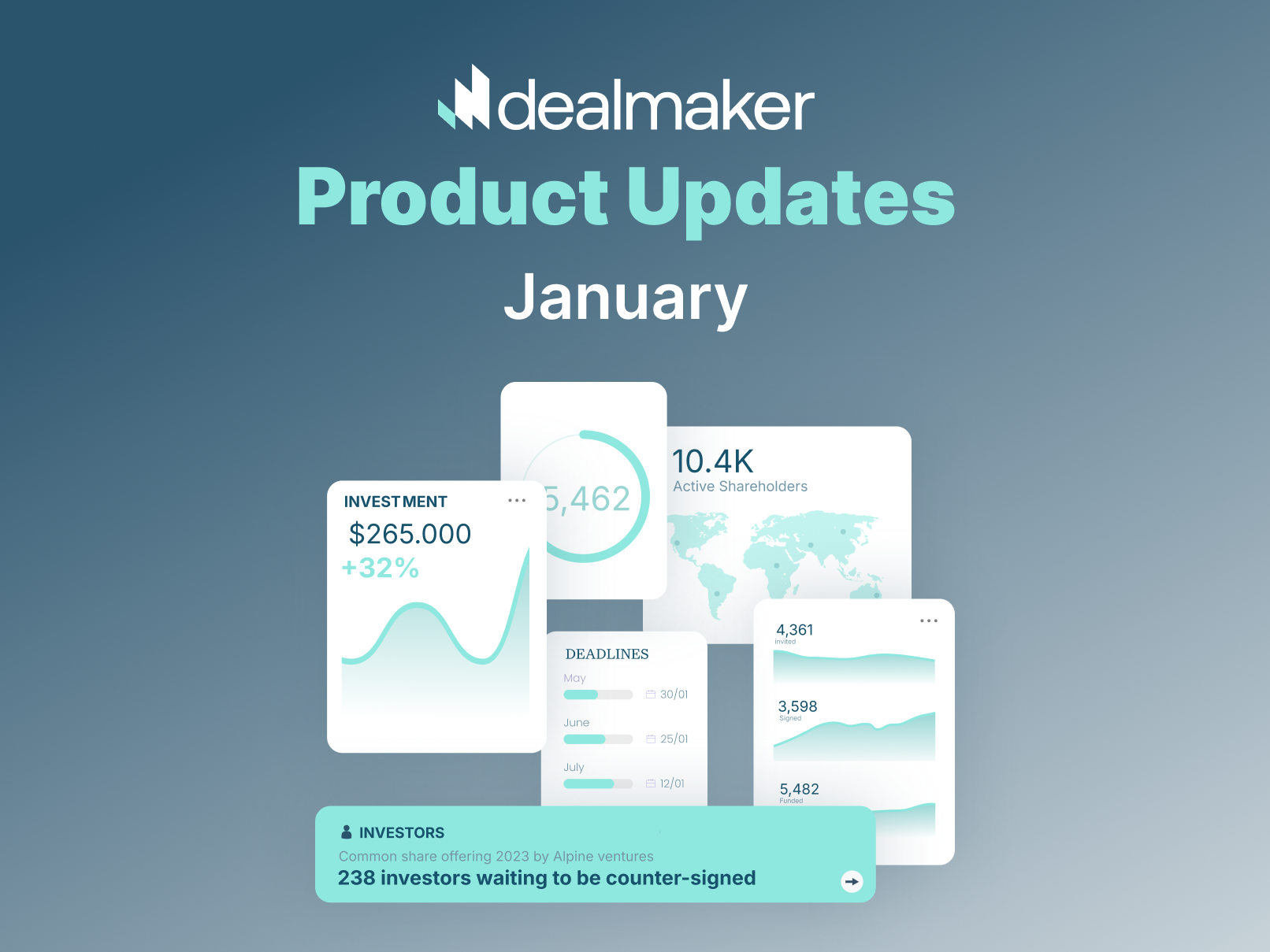
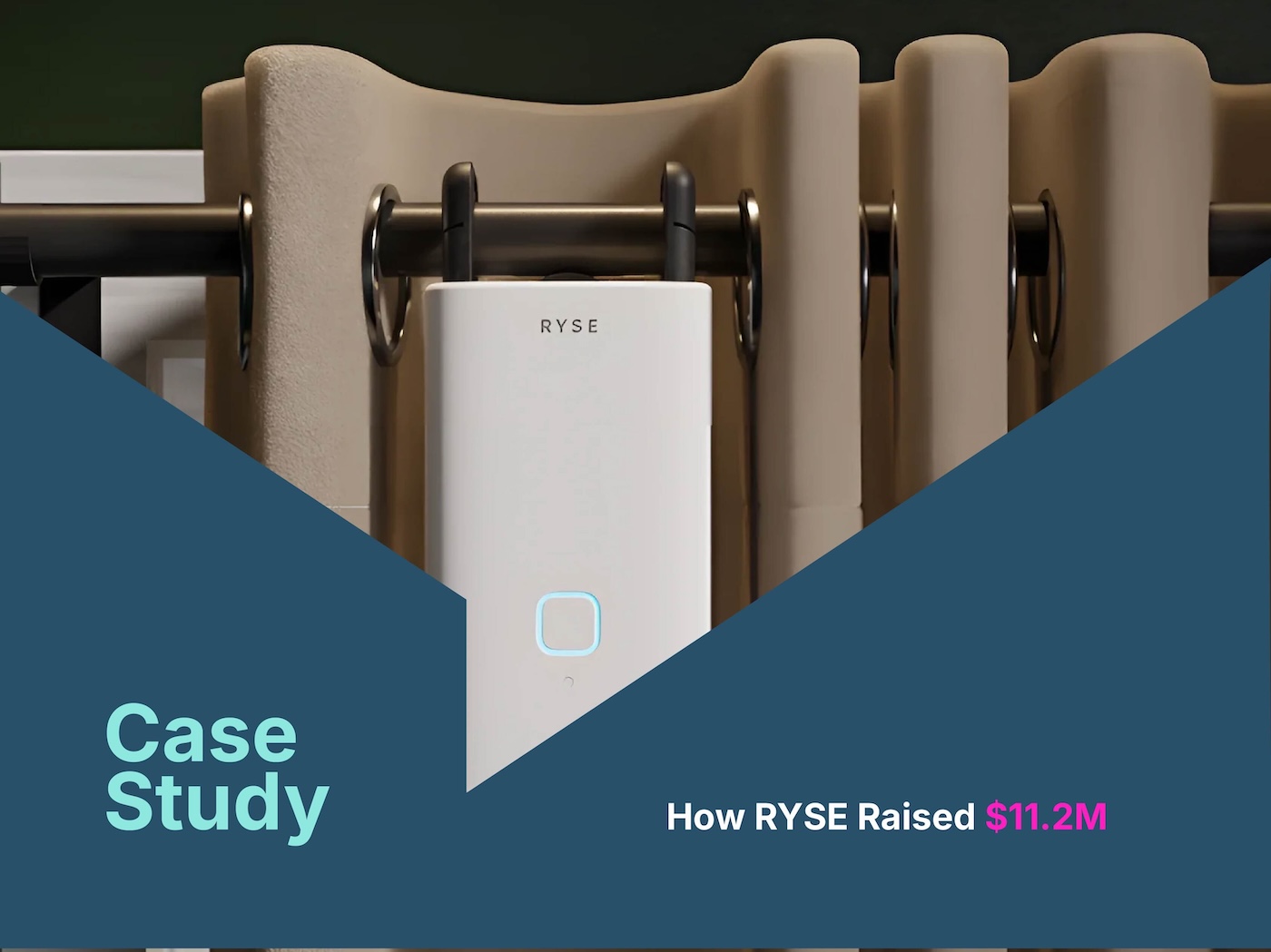

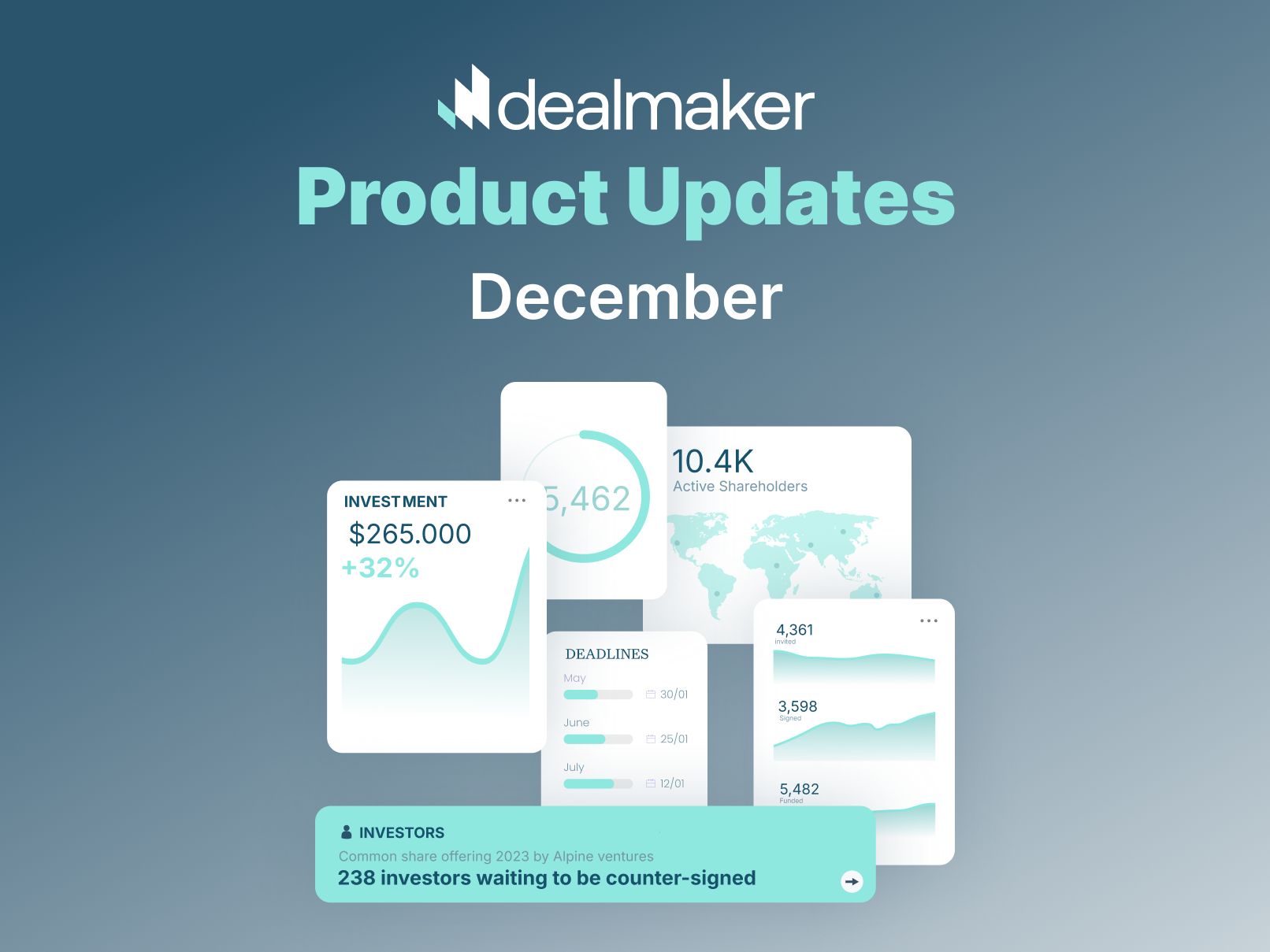
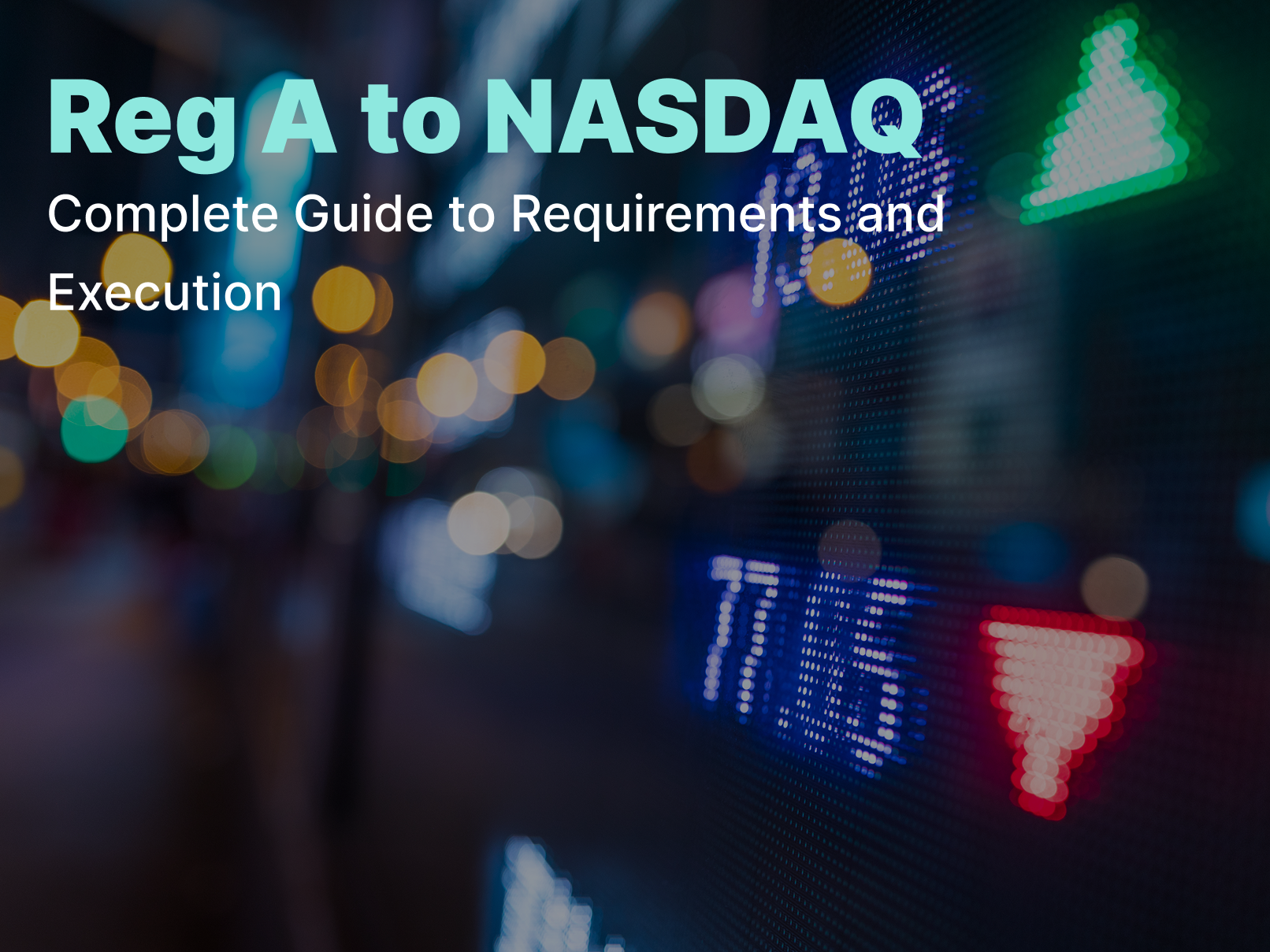
.png)
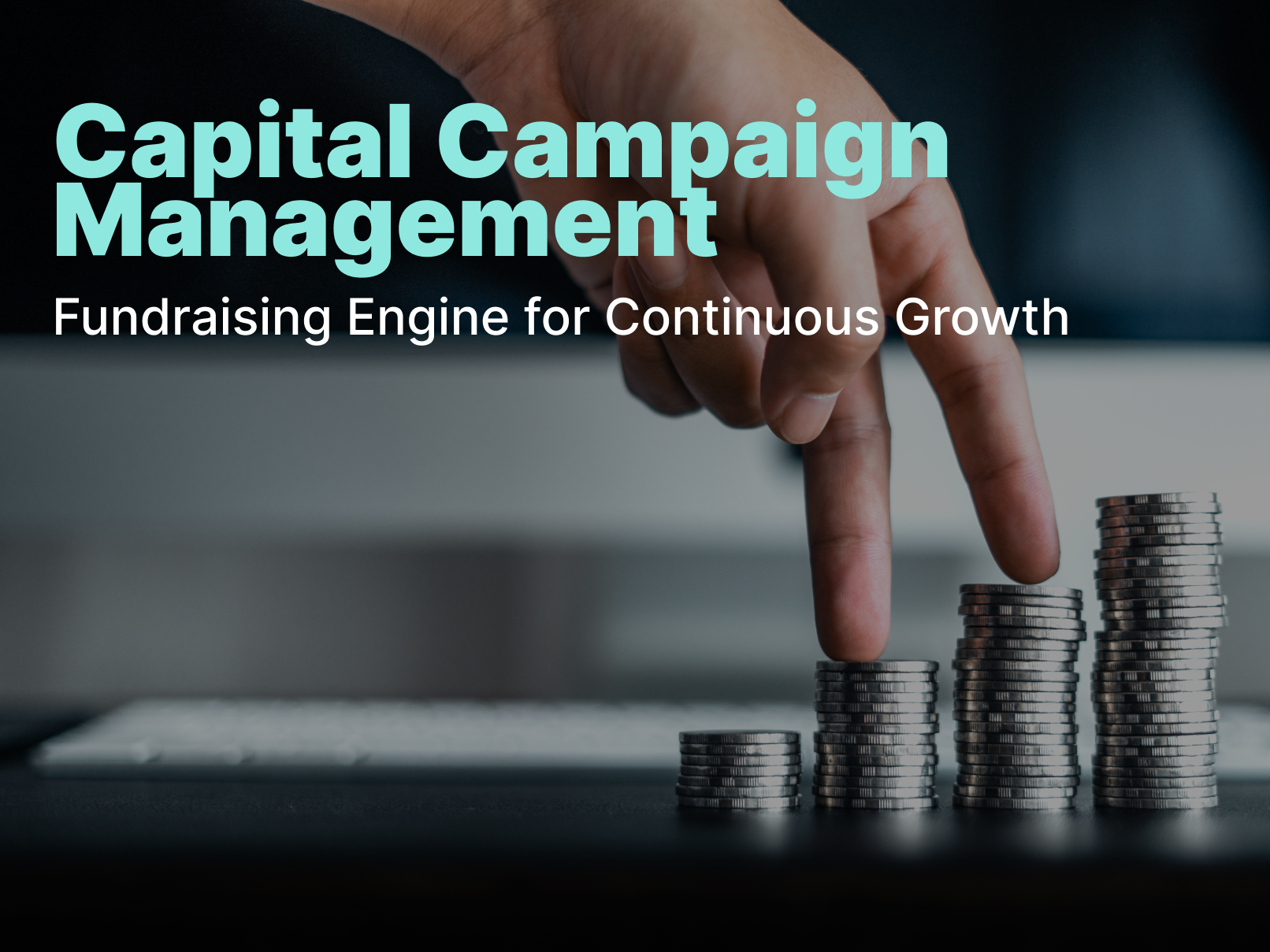
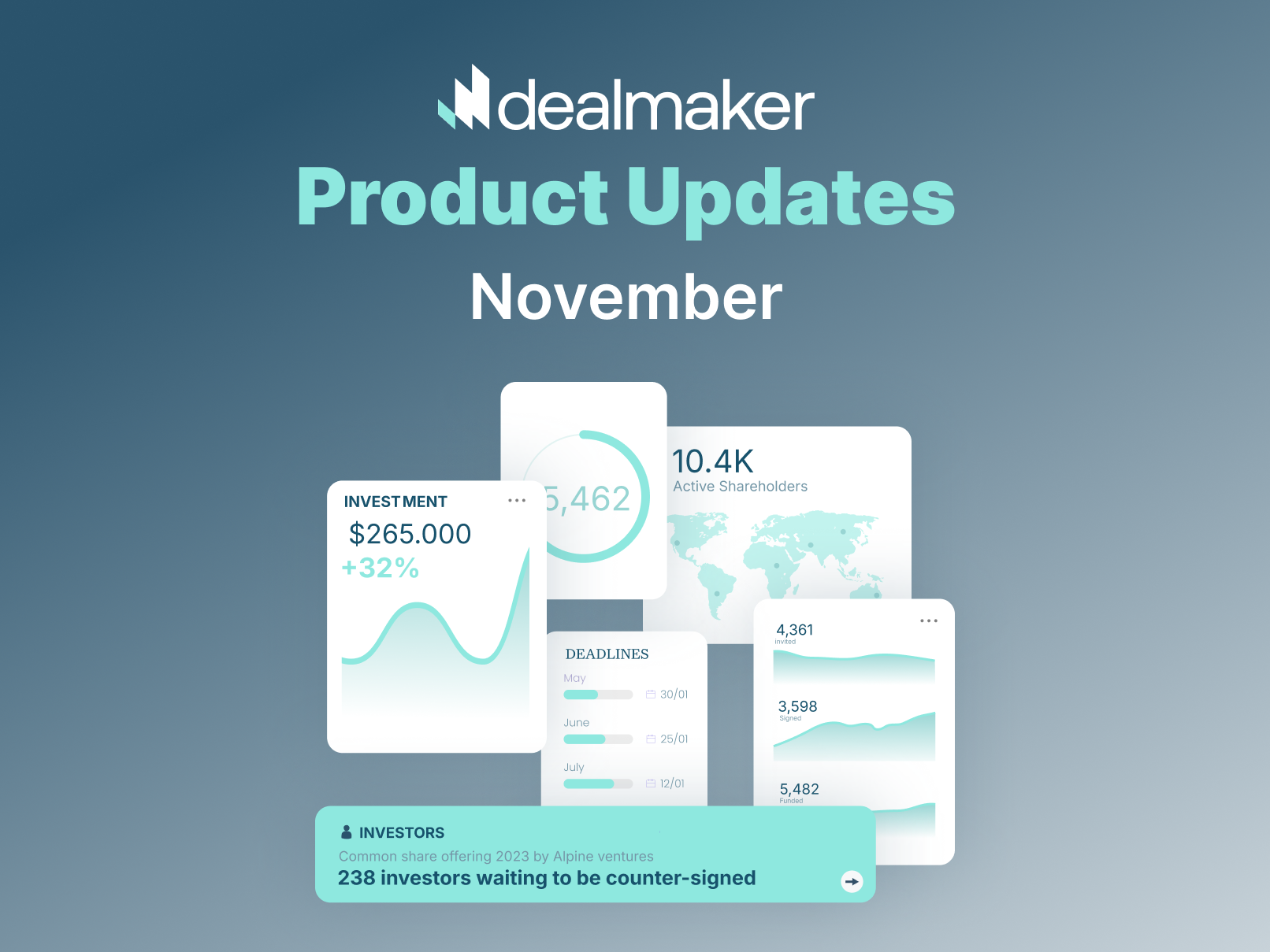
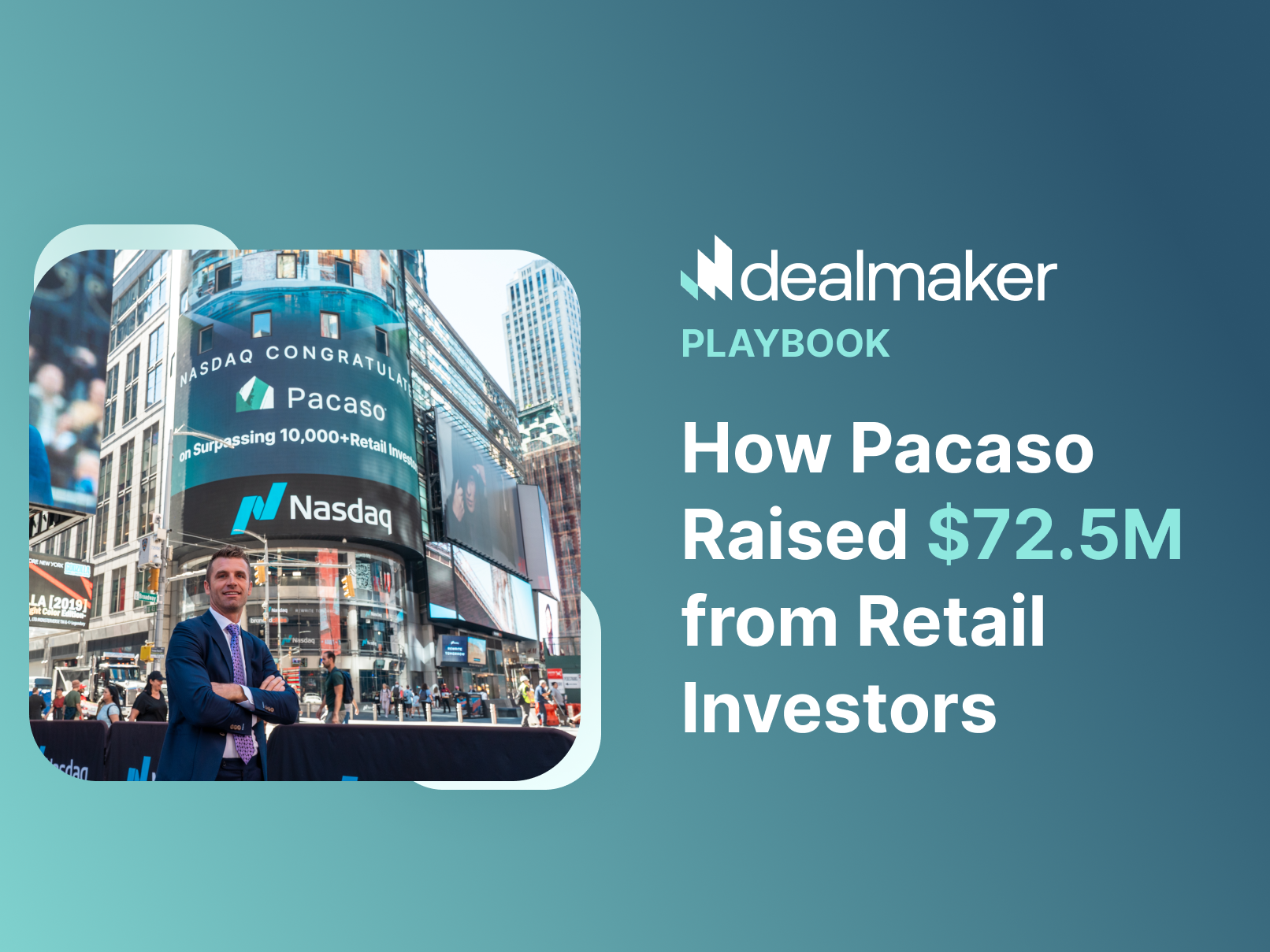
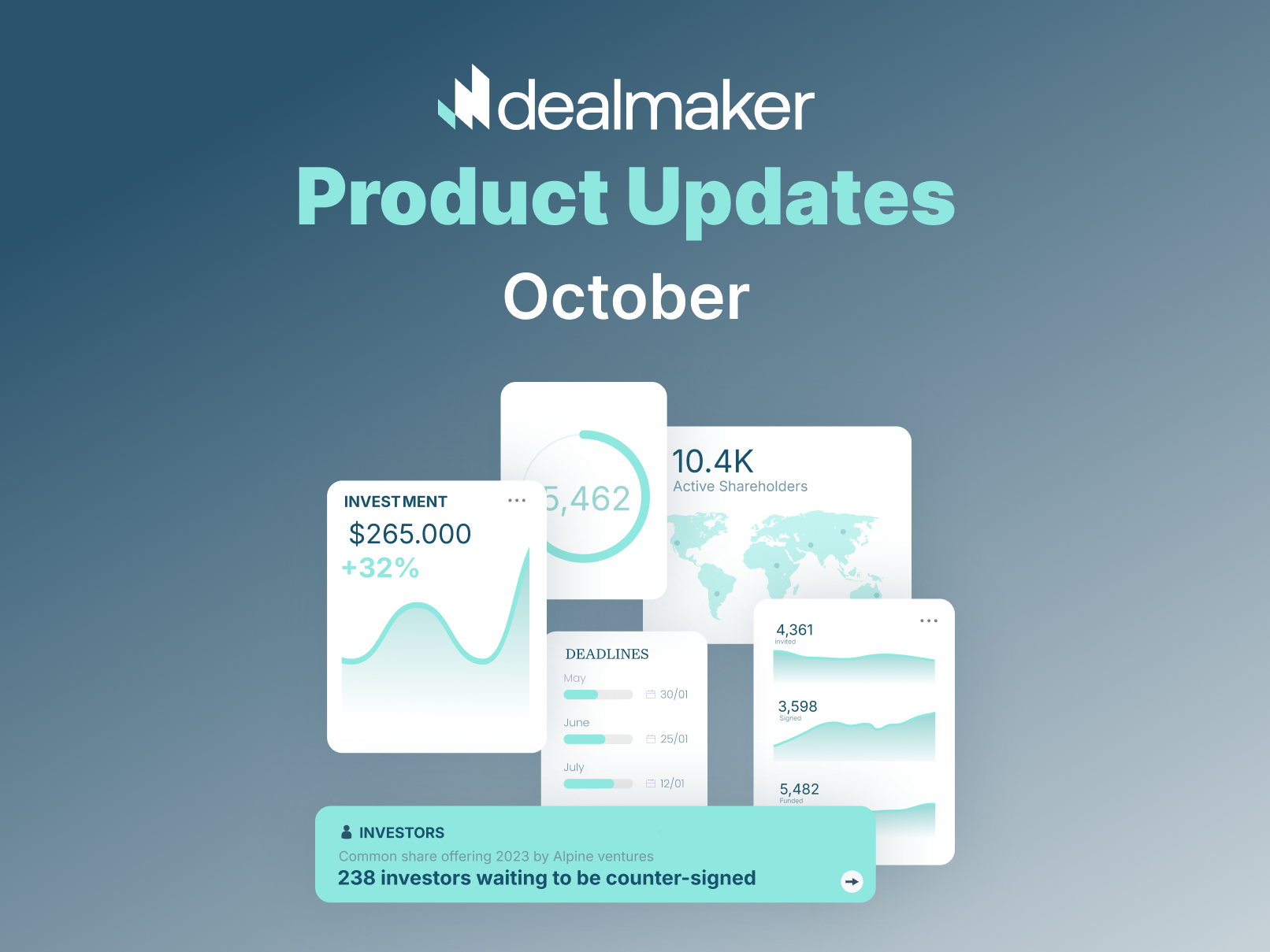
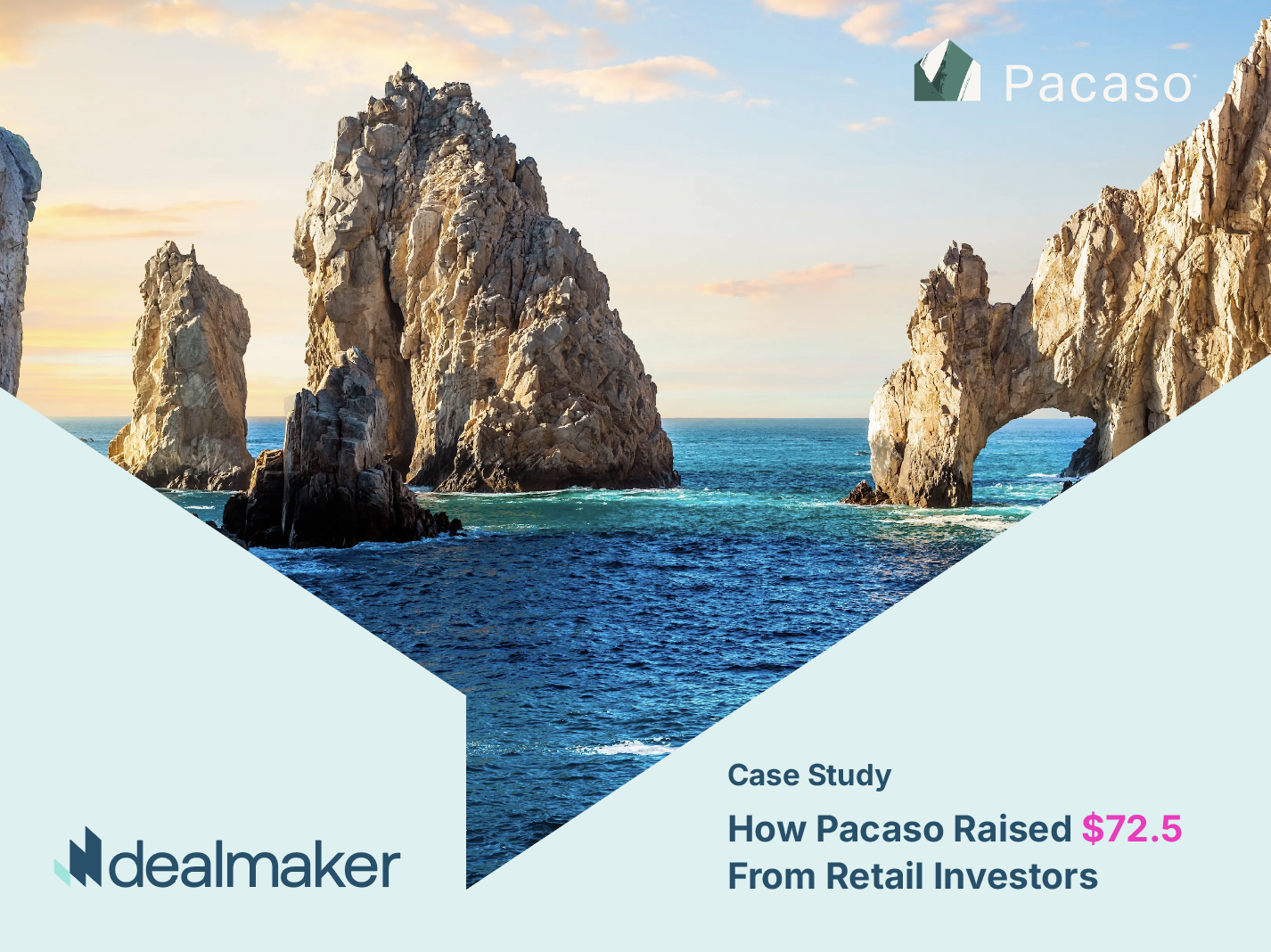
.webp)